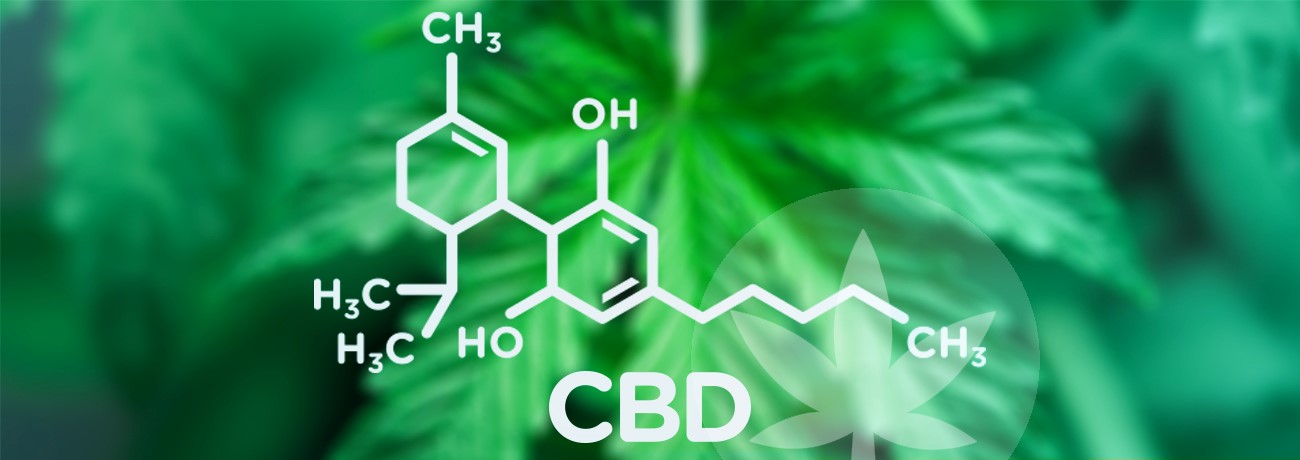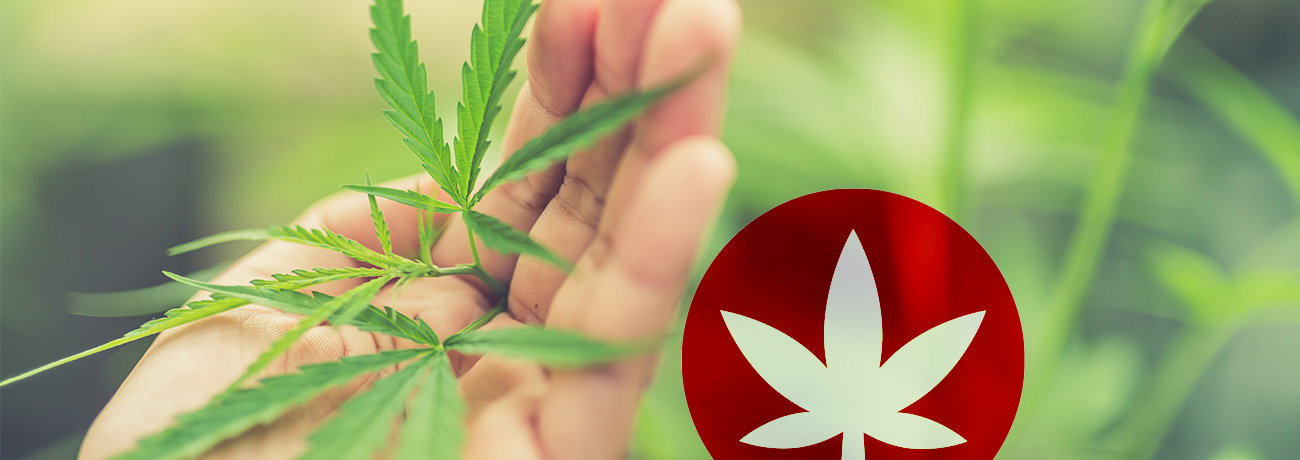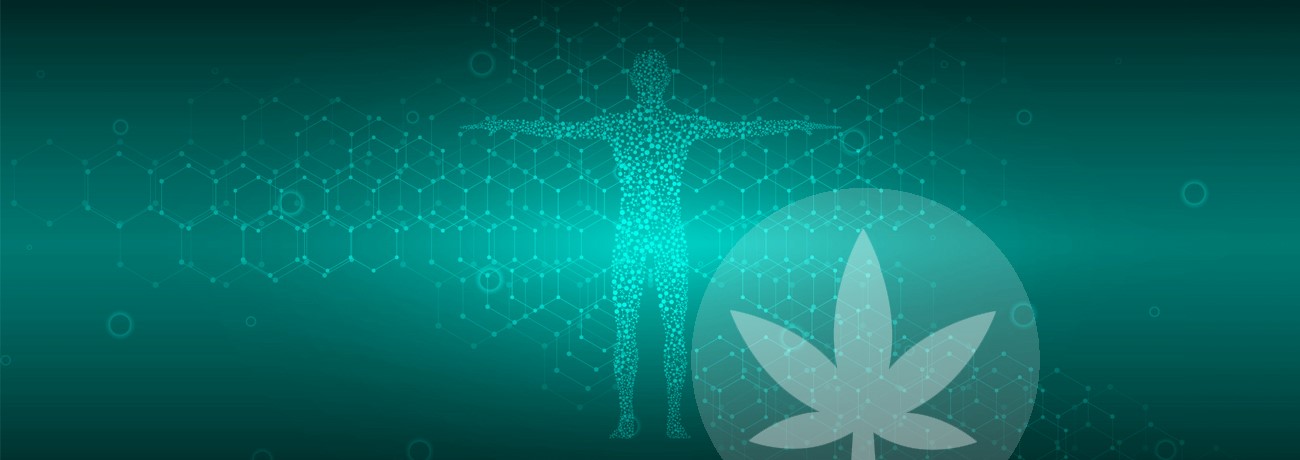Can CBD get you high?
Published:
Intriguing research regarding the impact of cannabinoids on the body is shaping the foundation of discussions in both medical and political spheres. With hemp and cannabis making their presence known in state houses and parliament buildings the world over, a number of governing bodies have already passed cannabis reform measures and supported the study of medical cannabis. This has led to a dialogue on how cannabinoids interact with our mental and physical states. The conversation also explores the notion of whether cannabinoids work more effectively in unison or in isolation.
Current research
While there are more than a dozen cannabinoids currently being studied, the two key players that have drawn the most attention are THC and CBD. Both have undergone rather thorough analyses of their health potential and whether or not they can intoxicate.
Research has pointed out many benefits of CBD for patients with seizure disorders like Dravet syndrome and those seeking relief from physical pain or anxiety. However, the effects of cannabis-based products often expand past the symptoms they intend to relieve. Ultimately, many are left with the question: “Can CBD get you high?”
Many cannabinoids are actually completely non-psychoactive and CBD is one of them. So to answer the question in brief, CBD will not get you high. Although CBD is produced in the same trichomes as THC and other beneficial plant compounds, it is psycho-inactive and will not cause any interruption to regular functioning.
THC & CBD
When observing the differences between THC and CBD, it is helpful to understand that THC is the primary cannabinoid responsible for the “head high” of cannabis. While many studies purport the numerous benefits of a full spectrum of cannabinoids on the body, there are some individuals who simply do not react well to the psychoactive effects of THC. Because of this, CBD is often viewed as the most therapeutically beneficial cannabinoid.
Ultimately, the reason CBD does not make you feel high is because each cannabinoid interacts uniquely with the brain, the body and other cannabinoids.
How CBD works
Our brains are comprised of neurons and receptors that influence our mind, body and mood. Neurons and receptors shape a biofeedback system moderated by chemical reactions. A stimulus activates these receptors, causing neurons to respond with a chemical reaction that interacts with our bodies. The feedback loop continues on and on. Some receptors work better with certain stimuli over others. So when receptors are activated, it will cue the neuron to release chemicals that initiate different processes, such as stimulating euphoria or reducing physical pain.
When these receptors respond to chemicals already present in the body, they usually involve endogenous cannabinoids or “endocannabinoids.” However, receptors also respond to external chemicals such as cannabinoids present in observable concentrations of the Cannabis genus.
CB1 receptors
One cannabinoid receptor, CB1, interacts with THC perfectly. This leads to the psychoactive effects characteristically experienced after ingesting the cannabis plant. CBD interacts with the CB1 receptor too, but in a different way. It may be a fit, but it is not as strong of a match as THC. In fact, CBD partially blocks THC from binding with these receptors, mediating its psychoactive effects when ingested alongside CBD. Interestingly, this makes CBD a CB1 antagonist.
On the other hand, CBD also interacts with other receptors like adenosine, serotonin and vanilloid receptors. These particular receptors are associated with many of the anti-anxiety effects reported when using CBD. Similar receptors also play a role in alleviating pain and inflammation.
How to take CBD
There are a number of delivery methods available for consuming cannabinoids, including edibles, oils and tinctures. Each one of these formulations results from different refinement techniques of the plant matter. While higher-quality CBD products will contain negligible amounts of THC, some companies use extraction methods that leave behind undesirable amounts of psychoactive cannabinoids. This increases the possibility of experiencing psychoactive side effects from reportedly non-psychoactive products.
This is why it is important to purchase CBD products from a reputable manufacturer. Without the presence of THC, it is possible to deliver very high concentrations of CBD and other beneficial hemp chemicals. Proper extraction methods remove the trace amounts of THC occurring in hemp plants to less than 0.03%. This is well below the psychoactive rate. What’s more, because high-CBD derivatives can be sourced from industrial hemp, they are more widely available and stringently regulated.
When people ingest CBD, the daily suggested dose is around 20mg. However, dosage fluctuates on an individual basis and is contingent on several factors. Many individuals report that taking CBD encourages a pleasant sense of relaxation. CBD has many potentially therapeutic applications, while also mediating the psychoactive effects of THC. By understanding the outcomes of different cannabinoids on the body, you can tailor your CBD intake to benefit your unique needs.









